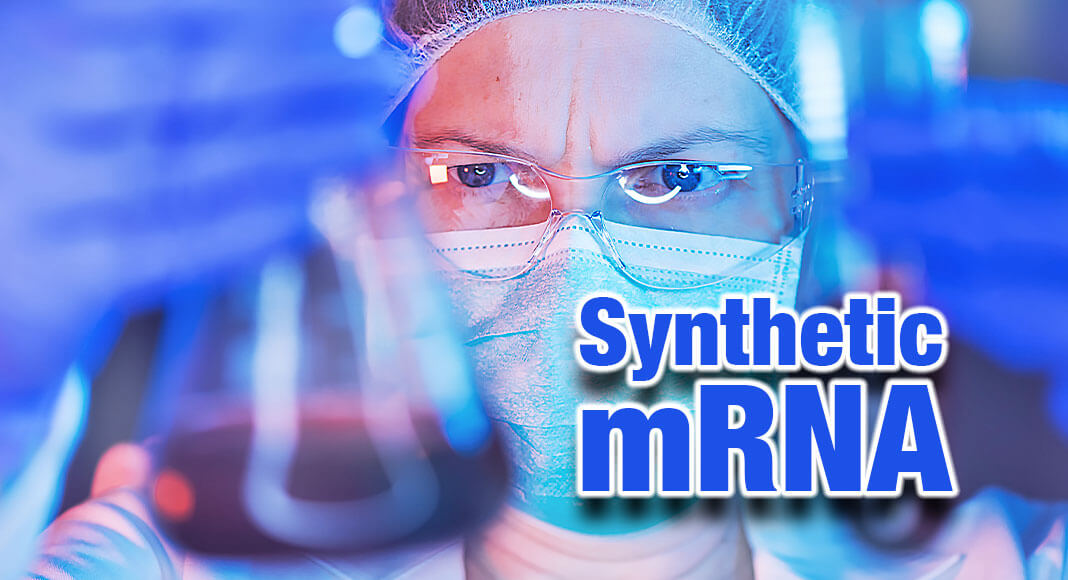
Mega Doctor News
By University of Cologne
Newswise — In a recent study, the research group at the University of Cologne’s Institute of Organic Chemistry led by Professor Dr Stephanie Kath-Schorr describes a novel method for the enzymatic production of synthetic messenger RNA (mRNA). While natural base modifications of mRNA are already being used – for example by BioNTech/Pfizer for the production of their coronavirus vaccine – this newly developed mRNA additionally contains site-specifically introduced, non-natural nucleotides. Nucleotides are molecules that function as the basic building blocks of RNA. This new approach using non-natural nucleotides allows the scientists to study how mRNA is introduced into cells and to observe how the newly introduced information spreads at the cellular level. This in turn promises better therapeutic applications in the long run. The article ‘Stronger together for in cell translation: natural and unnatural base modified mRNA’ has appeared in Chemical Science.
Previous methods did not allow for the production of mRNAs with chemically modified building blocks at specific positions because mRNAs are produced enzymatically due to their length of several thousands of building blocks. In the new method, the researchers use a so-called ‘expanded genetic alphabet’ during the enzymatic transcription of DNA to RNA. Where normally two base pairs are responsible for transcription, the team introduced a third base pair. This allowed them to introduce unnatural RNA nucleotides into specific mRNA segments, to modify protein production, and to study cellular application in detail.
‘We investigated how stable this chemically modified mRNA is in cells, whether the artificially produced mRNA can be used in cells as a template for efficient protein production, and what influence the chemical modifications have on protein production,’ said Kath-Schorr. The results show that the new method is very powerful for monitoring the introduction of mRNA into cells, and for monitoring and influencing its spread at the cellular level as well as the efficiency of information transcription. This opens up new possibilities to develop efficient mRNA therapies – not only as vaccines, but also in cancer therapy.
In principle, the method could be applied to any mRNA. However, this requires further research, which is currently in planning in cooperation with University Hospital Cologne. In a further step, clinical studies would have to be carried out. Kath-Schorr’s team is currently also developing a more efficient method to package mRNAs before introducing them into cells. In this field, the Institute of Organic Chemistry is cooperating with other scientists from the Chemistry Department as well as the Faculty of Medicine within the framework of the UoC Forum ‘Transformative Nanocarriers for RNA Transport and Tracking – Advanced Concepts for Therapy and Diagnostic’ (iRNA Carriers).










